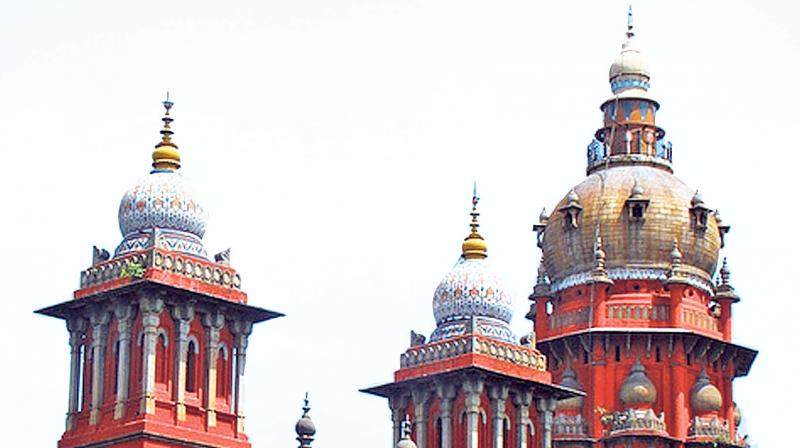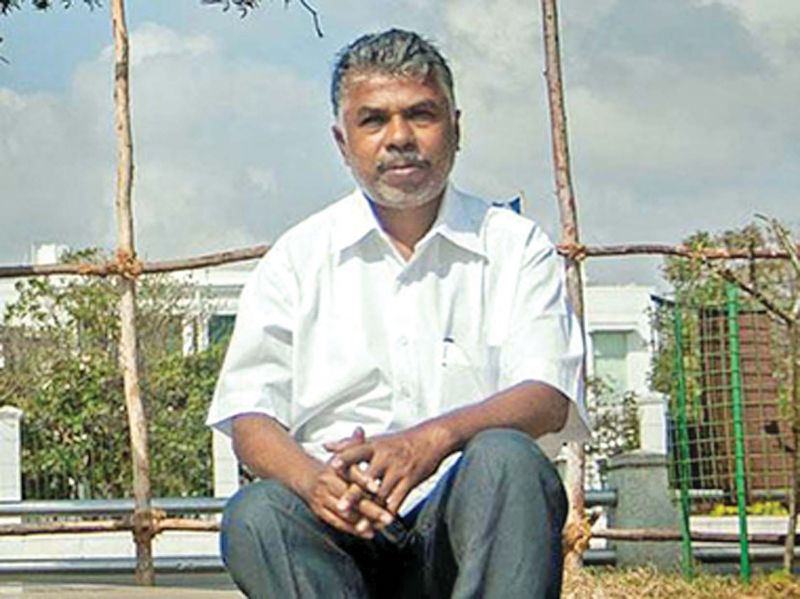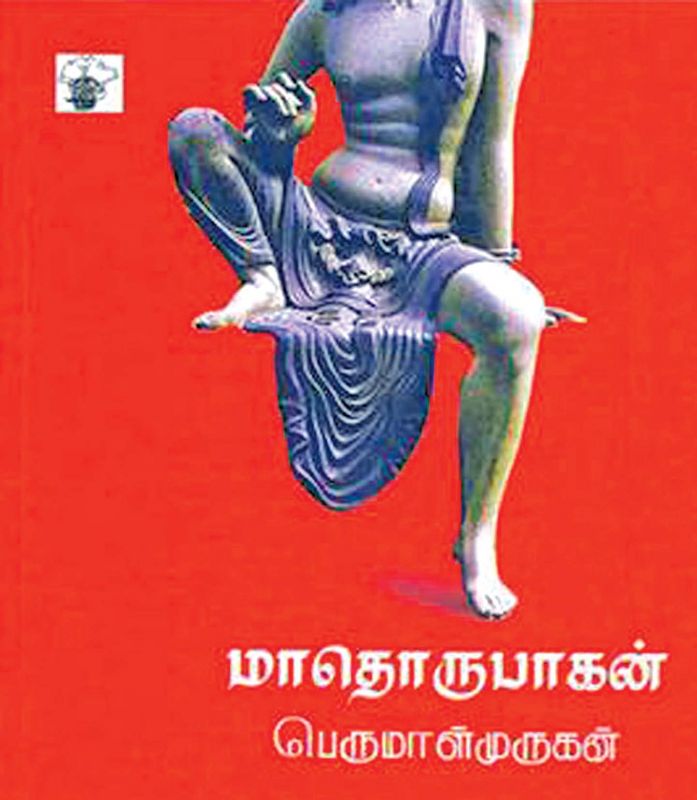Controversial issues go to court and find legal remedy

Chennai: The year 2016 saw many controversial subjects relating to various issues involving government and private persons settling down through a legal battle.
Tamil novel “Madhorubagan”, authored by Perumal Murugan, kicked up much controversy in December 2014, leading to one-day bandh at Thiruchengode taluk in Namakkal district and the author announcing his death as a writer in Tamil. Finally, the issue landed in the Madras high court.
Giving quietus to the issue, a division bench headed by Chief Justice Sanjay Kishan Kaul in its order said, “Let the author be resurrected to what he is best at. Write”.
“The author Prof.Perumal Murugan should not be under fear. He should be able to write and advance the canvass of his writings. His writings would be a literary contribution, even if there were others who may differ with the material and the style of his expression. The answer cannot be that it was his own decision to call himself dead as a writer. It was not a free decision, but as a result of a situation which was created”, the bench had added.
Allowing his petition, the bench had said there was no binding force or obligation arising from the so-called settlement arrived at with the intervention of the state authorities and a quietus be given to that issue. There was no necessity warranting action against any publication of the novel/Madhorubagan or its English translation One Part of Woman as sought for by the opponents of the novel. There can be no possible direction for any police action against the author and/or the publisher or in any case to be registered or proceeded further, the bench had added.
When the local body election schedule was announced, Opposition DMK rushed to the court. After hearing elaborate arguments from both sides, Justice N. Kirubakaran had on October 4 set aside the election notification issued by the state election commission for the conduct of local body elections on October 17 and 19 and directed it to issue a fresh notification, conduct elections and complete the election process by December 31. The appeal filed by the State Election Commission against this order is still pending.
In his order, Justice Kirubakaran had said the election notification issued by the state election commission was null and void for the reasons that there was non-compliance with Rule 24 of the Tamil Nadu Panchayats (Election) Rules, by issuance of public notice, firstly, about the conduct of elections and notifying the poll schedule subsequently.
“There is no level playing field available to all the parties, as the ruling party, obviously, had prior information about the election, as provided by the announcement of its candidates on the date of notification. There is no sufficient time given to other parties to get ready for the election. The election commission having delayed the onset of the election work is rushing through the procedures, in a hurried manner, thereby causing prejudice to the other contesting parties”, the judge had added.
When 11 vacancies fell for the post of members of the Tamil Nadu Public Service Commission, the state government had on January 31, 2016, appointed 11 persons as members of the TNPSC. Immediately, challenging their appointments, again the opposition party DMK moved the high court.
Holding that the process of appointment of the 11 members of the state public service commission was deeply flawed without following any transparent process and defeating the very constitutional scheme for such an appointment, a division bench headed by Chief Justice Sanjay Kishan Kaul struck down the G.O dated January 31, 2016, relating to their appointments.
The bench had said no applications were actually called and there could not be any comparative assessment as only the chosen ones were asked to just submit their bio-data. No written notes were available and whatever transpired was oral. The advice of the Governor was made solely on one material, i.e., bio-data. This process began on January 30 (Saturday) and concluded on January 31 (Sunday/Non-working day) and within this time, the file was initiated, approved, character verification done and an appointment made, with the members so appointed assuming office on February 2, 2016. Thus, the production of material became irrelevant in a sense because there was no material.
Is it feasible or possible that in 24 hours all antecedents verification, police reports, verification of the contents of the bio-data and all relevant could have been done? “Our answer to the same would be emphatically in the negative. If one may say, it is a physical impossibility and this would be quite apparent from one example of V. Ramamurthy (a retired district judge) where there was a lack of disclosure of material fact (eliminated by the high court as not fit for an extended tenure as district judge) in the bio-data, which was never verified”, the bench had added.
In an attempt to prevent flooding and haphazard development in the state, the Madras high court had imposed a blanket ban on registration of sale deed in respect of any plots in unauthorised layouts or any flats/buildings constructed on such plots.
Acting on a PIL, which sought to restrain the authorities from giving approval or permission to convert agricultural land into a layout and consequential relief of forbearing the Inspector General of Registration from registering the unapproved land and buildings, a division bench headed by Chief Justice Sanjay Kishan Kaul imposed the ban. The matter is still pending, but the ban continues.



